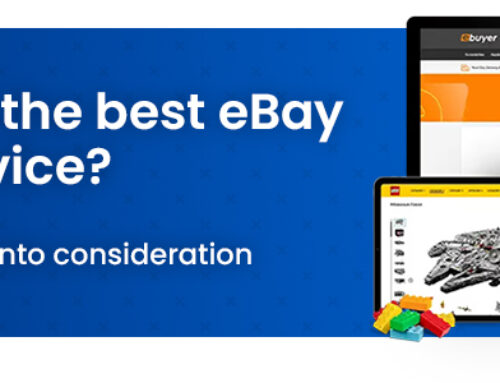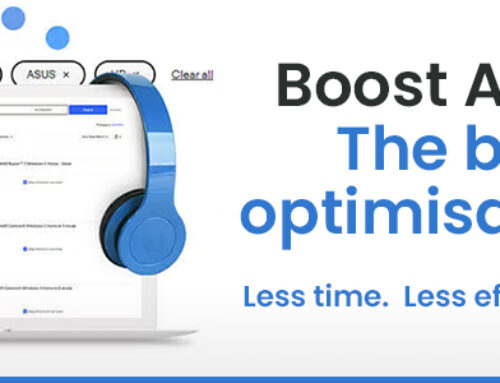
In the 25+ years I’ve worked in the eCommerce industry, I’ve met many busy fools. In the past, many of these sellers were burned by careless spending on paid search campaigns, mistaking the massive sales volume and associated turnover it generated for profit. It wasn’t until the end of the year that they realised they had destroyed any margin they had in a product for the sake of vanity metrics.
However, today’s sellers are much more likely to complain that they are “working for Jeff Bezos” rather than running their own independent businesses. So the news that Amazon’s average cut of each sale surpassed 50% in 2022 will come as no surprise to many sellers.
Amazon’s Increasing Cost of Sale
According to research by Marketplace Pulse, Amazon has steadily increased its fees over the last six years.
Marketplace Pulse calculated the total cost of selling on Amazon by totalling the commission on each sale, fees for warehousing, picking and packing, and shipping services. It also added Amazon’s advertising costs. While paying for Amazon’s fulfilment and advertising services is optional, many retailers consider these to be necessary costs on a competitive marketplace.
During the peak online sales recorded during the pandemic, retailers were able to manage their margins better and absorb these fees due to economies of scale. However, as the world emerged from lockdown and shopping habits adapted to the “new normal,” sales have declined. As a result, in 2022, Amazon reported the slowest sales growth in its history.
Deal-Conscious Consumers
The report also suggests that consumers have become more deal conscious, and as a result, retailers are loathed to increase their prices to match the increase in fees.
Speaking to journalists, Juozas Kaziukenas, Marketplace Pulse’s founder and CEO said, “For these small businesses, it’s getting harder and harder to be profitable because they are spending more and more money on Amazon fees. Amazon might be tempted to keep increasing fees because it’s in a tough spot, but you have to reach some kind of equilibrium.”
Is eBay a Viable Alternative to Amazon?
Of course, Amazon is not the only game in town.
At the recent eBay Roadshow events, we’ve increasingly been approached by Amazon sellers looking to set up shop on eBay. Some of these sellers had previously lost interest in eBay, ironically due to its failed attempt to emulate Amazon (now consigned to history). Others have never sold on eBay before.
While eBay isn’t without its challenges, it does appear to be more focused on small business sellers than Amazon. eBay is also incredibly invested in categories that typically don’t fit or work well on Amazon, including pre-loved and vintage clothing, collectables, and second-hand or difficult-to-find items. Our sellers also tell us when they calculate their seller fees, advertising costs, and logistic charges, it can be more affordable than Amazon.
Learn More
Every seller is unique and, depending on their scale, product ranges, and available resources will have a very different experience from outwardly similar retailers. The eCommerce experts at Frooition have more than 16 years of experience helping retailers of all shapes and sizes find a profitable home on online marketplaces like eBay and Amazon and eCommerce stores on BigCommerce and Shopify.
Contact our expert eCommerce team by scheduling a free 15-minute discovery call for more information.






